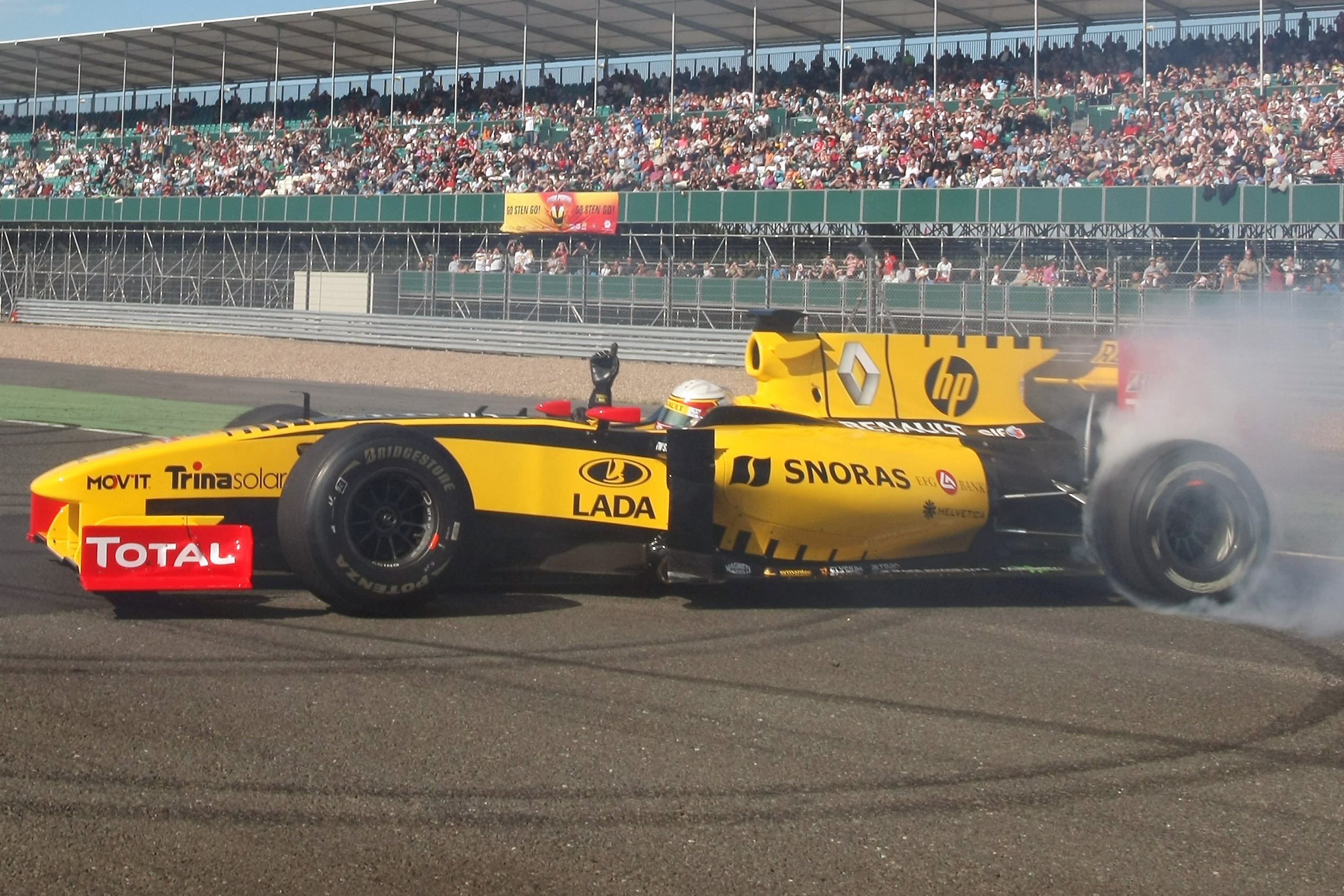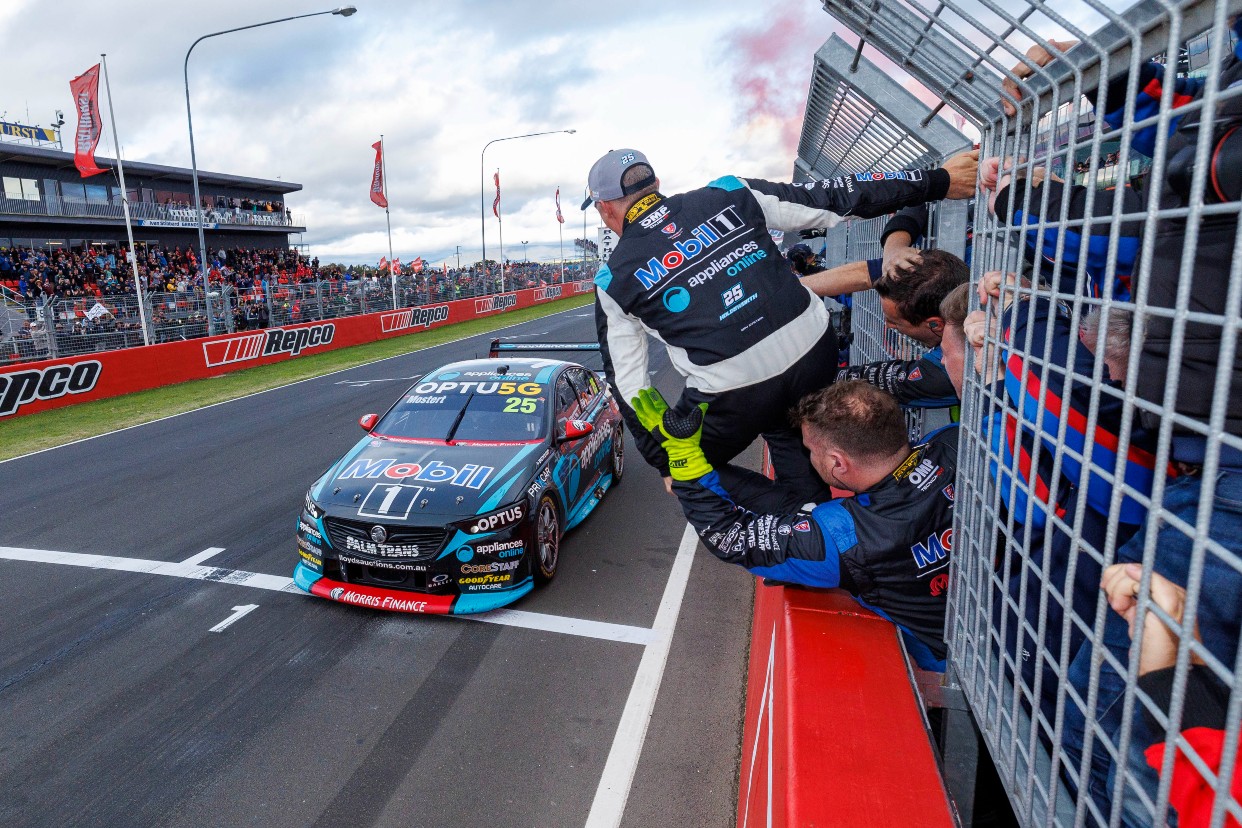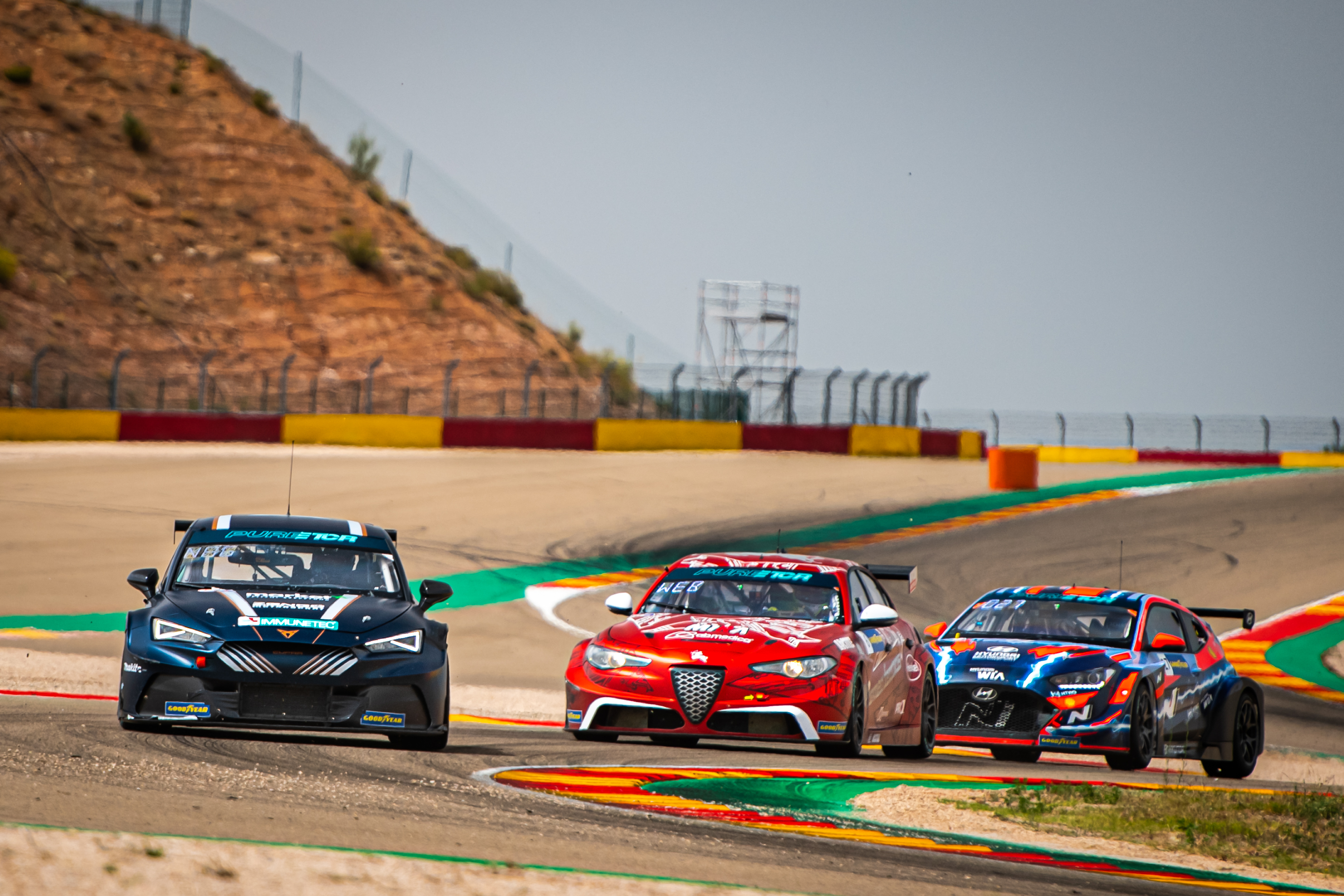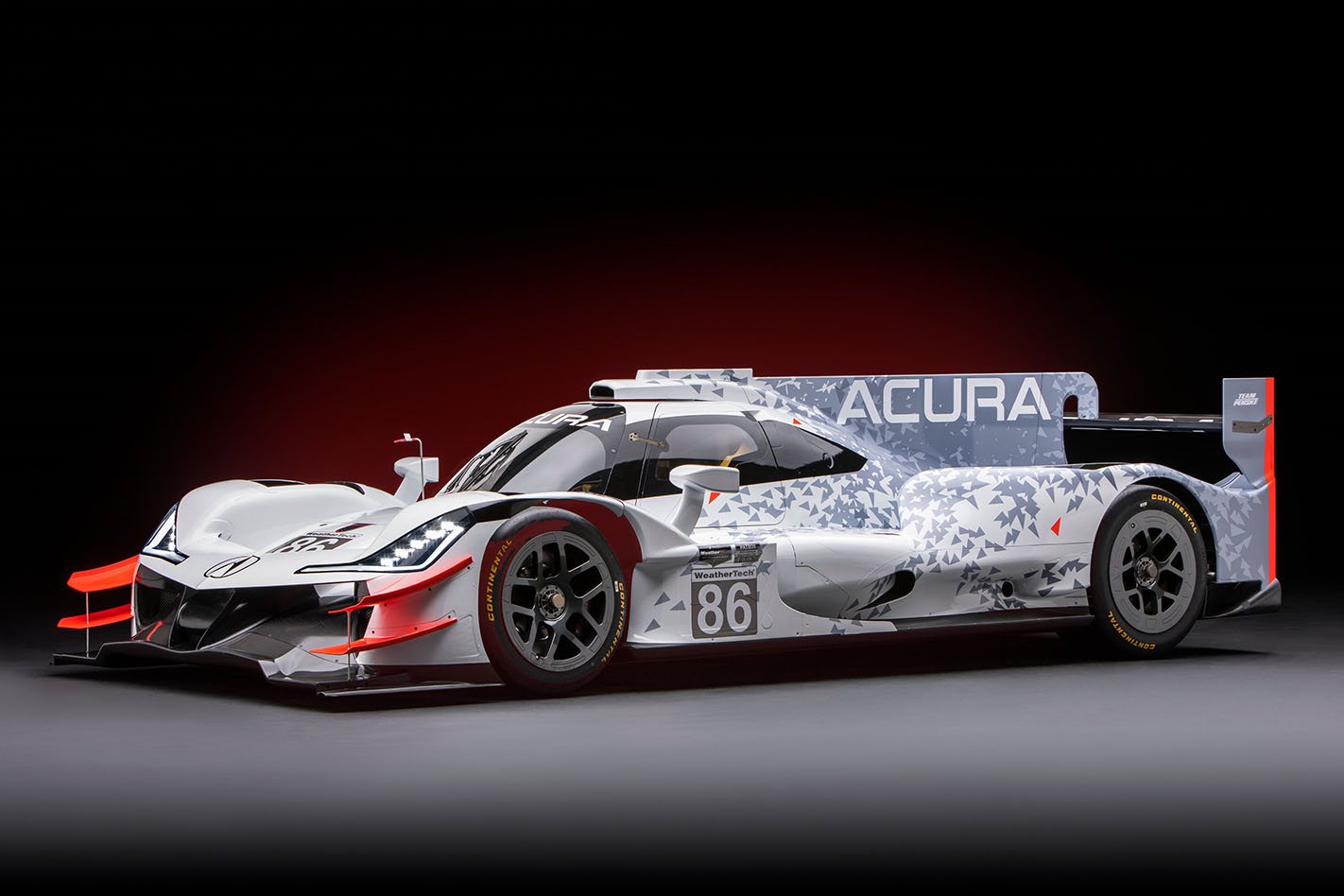RENAULT’S return to Formula One as a constructor after five years as solely an engine supplier is part of its strategy to double sales of its high-performance Renault Sport road cars by 2020.
The strategy sees the Renault Sport brand split into two entities: Renault Sport Racing, which will encompass not only F1, but Formula E, Formula Renault, the Renault Sport RS01 Trophy as well as customer track and rally programs; and Renault Sport Cars, which will operate the road car business.
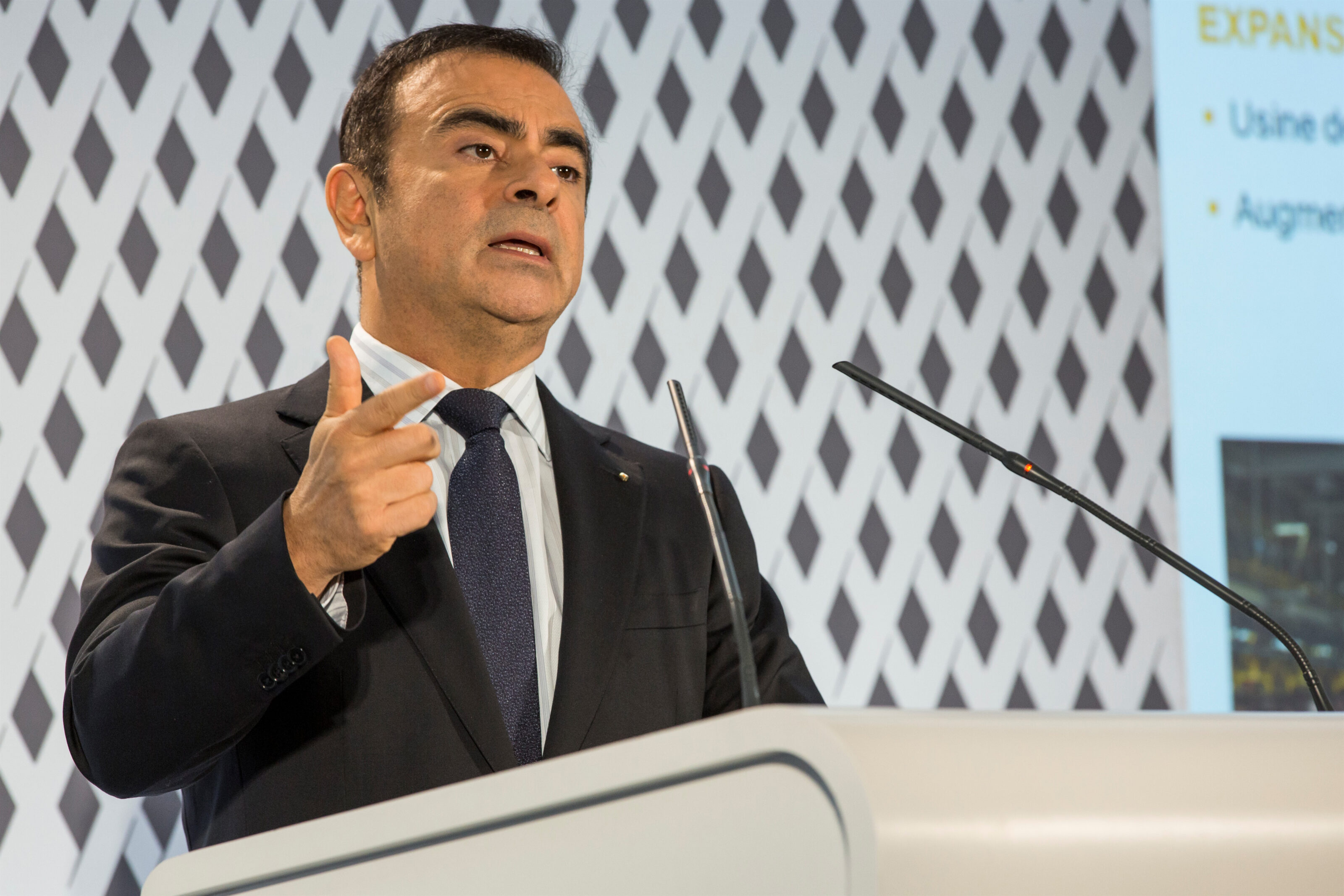
Announcing its 2016 motorsport strategy at the Renault Technocentre in Guyancourt, France, Renault-Nissan Alliance chief executive Carlos Ghosn (pictured, above) said: “We believe that motorsport still sparks the imagination of both enthusiasts and drivers.” As well as heading up the alliance, Ghosn will act as chairman of the carmaker’s motorsport supervisory board.
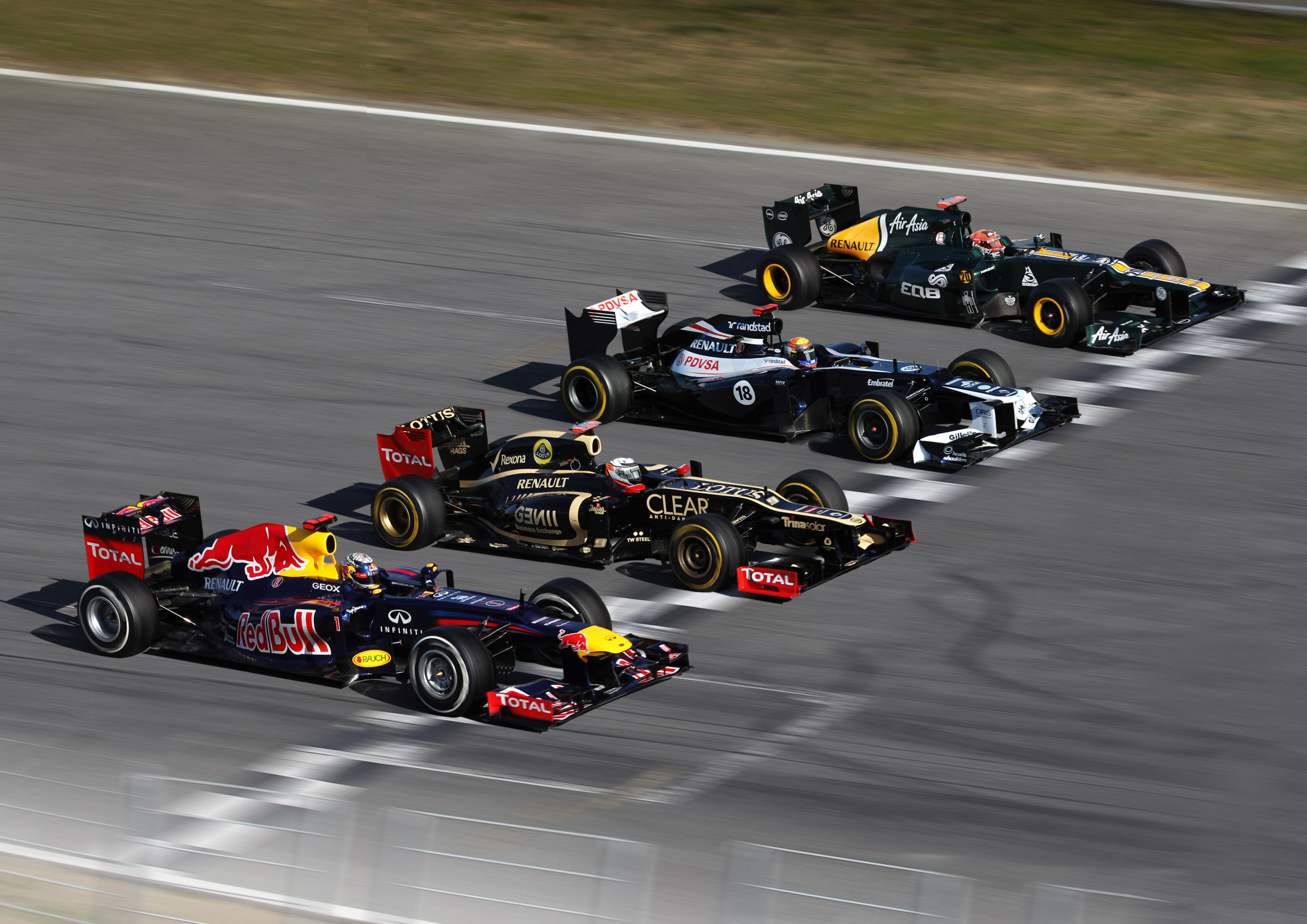
Renault has been in Formula One since 1977 as a supplier and/or constructor, rivalling Ferrari, McLaren and Mercedes in terms of its association with the modern-day form of the sport. It’s participated in more than 500 grands prix, and won 168. Its buyout of the Lotus F1 Team late last year to create its new factory outfit builds on its legacy and intent to exploit the carmaker’s involvement in the sport, with the track and customer programs intended to bridge the gap between road car and its racing success.
“Naturally we hope that our commitment to motorsport will have a direct impact on Renault Sport sales,” Ghosn said. “We aim to anchor engineering development, but enable it to be transferred and commercialised.”
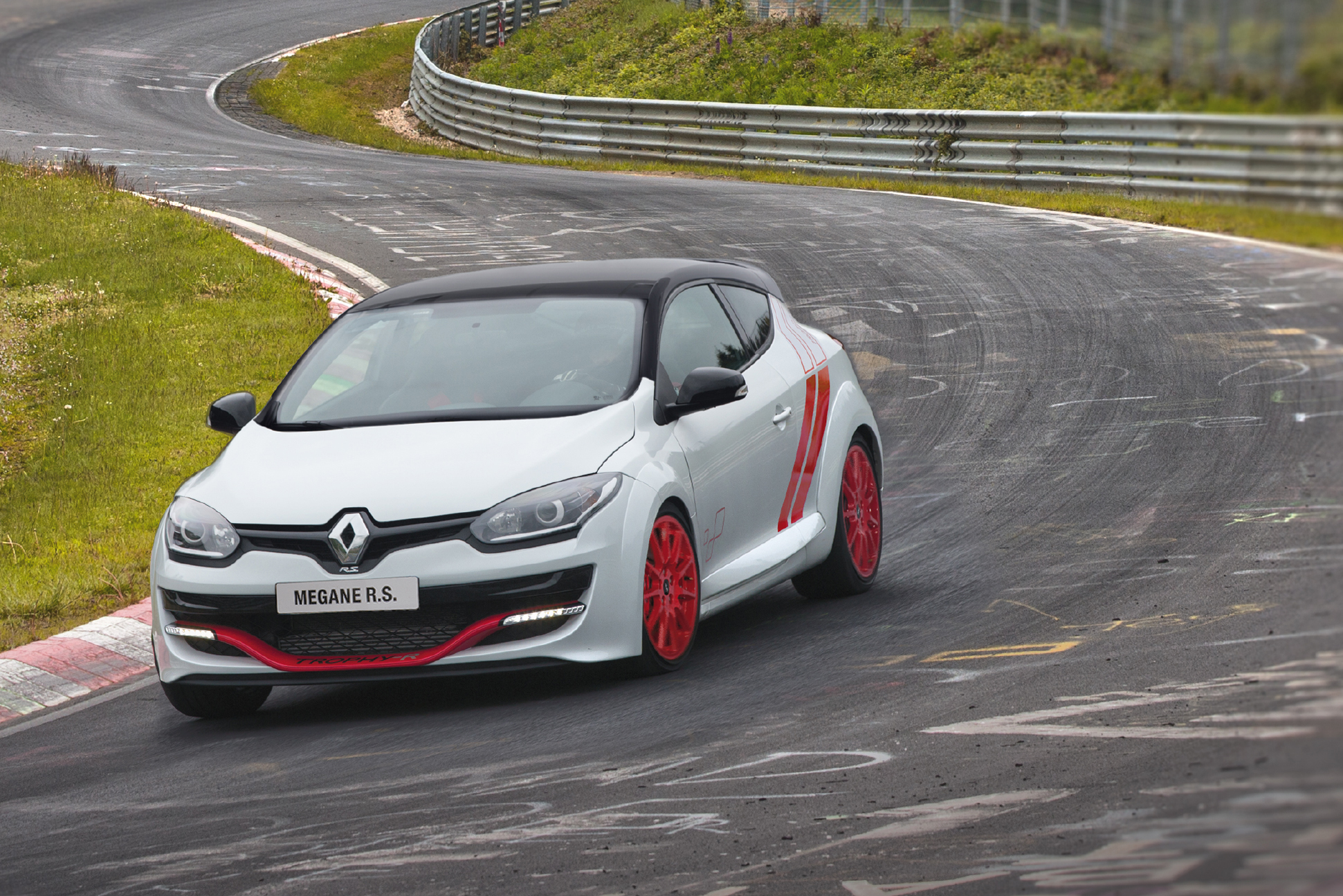
The strategy follows a year in which Renault-powered Red Bull Racing, which for four consecutive years in a row from 2010-13 won both the drivers’ title with Sebastian Vettel as well as the constructors’ crown, suffered a significant performance slump. Renault-powered cars did not win a single grand prix of the 2015 season, causing public friction between the Red Bull team and the French car maker.
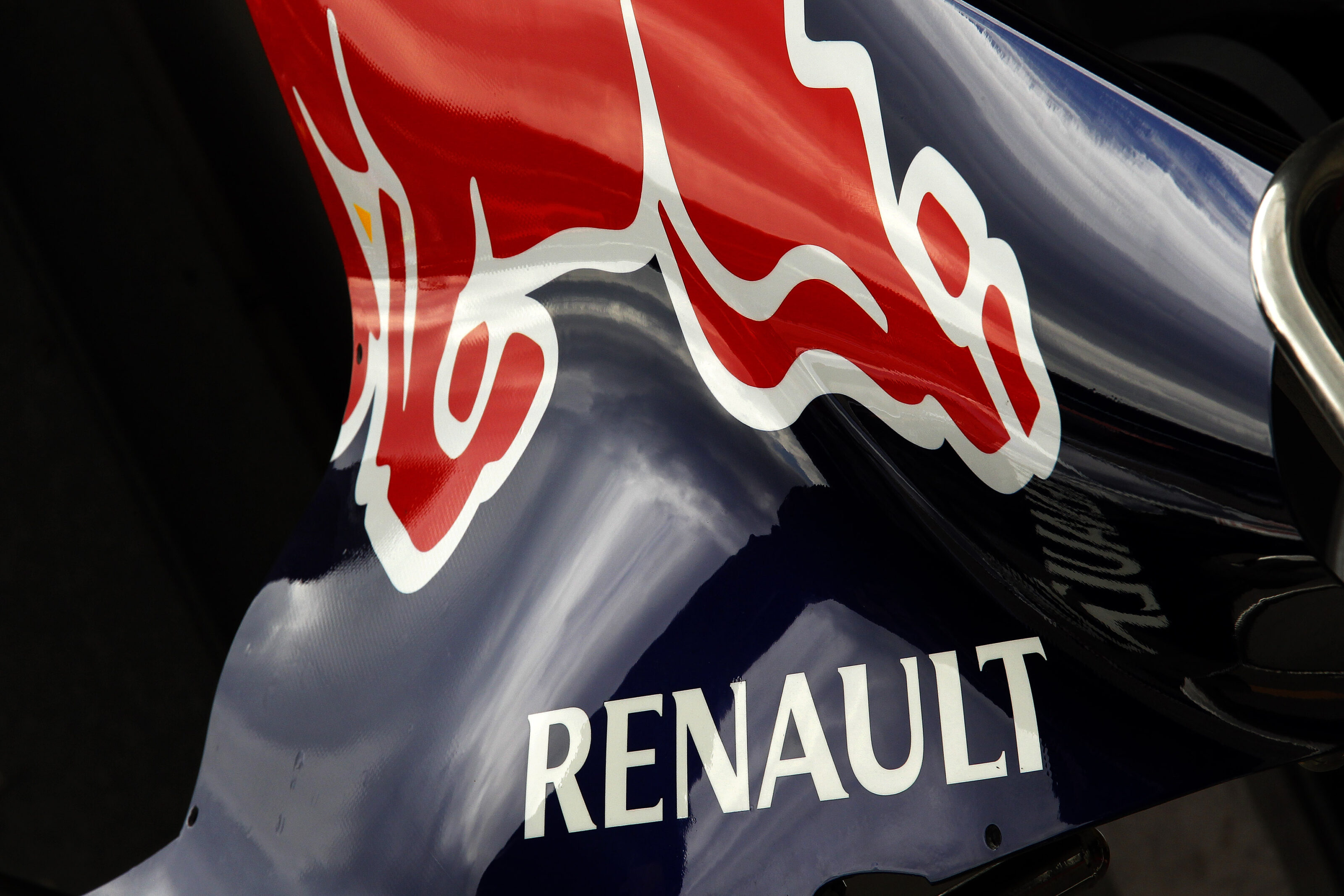
Despite the team’s success, supplying F1 engines has not been a smooth road for Renault. “This is the worst position,” said Jerome Stoll, who was today confirmed as president of Renault Sport Racing, speaking at last year’s Frankfurt motor show. “When the team wins, nobody talks about you. When the team loses, it’s always the responsibility of the engine maker. I’m fed up with this situation, to be honest.”
The company’s involvement in F1 is based on two premises, said Stoll. “We have to develop the awareness of the brand in new territories – I am not talking about Europe, but Australia, Asia, China, Mexico – all countries where we are still small with low awareness, and where Formula One could be a really relevant event to promote and to support the development of the organisation,” he said.
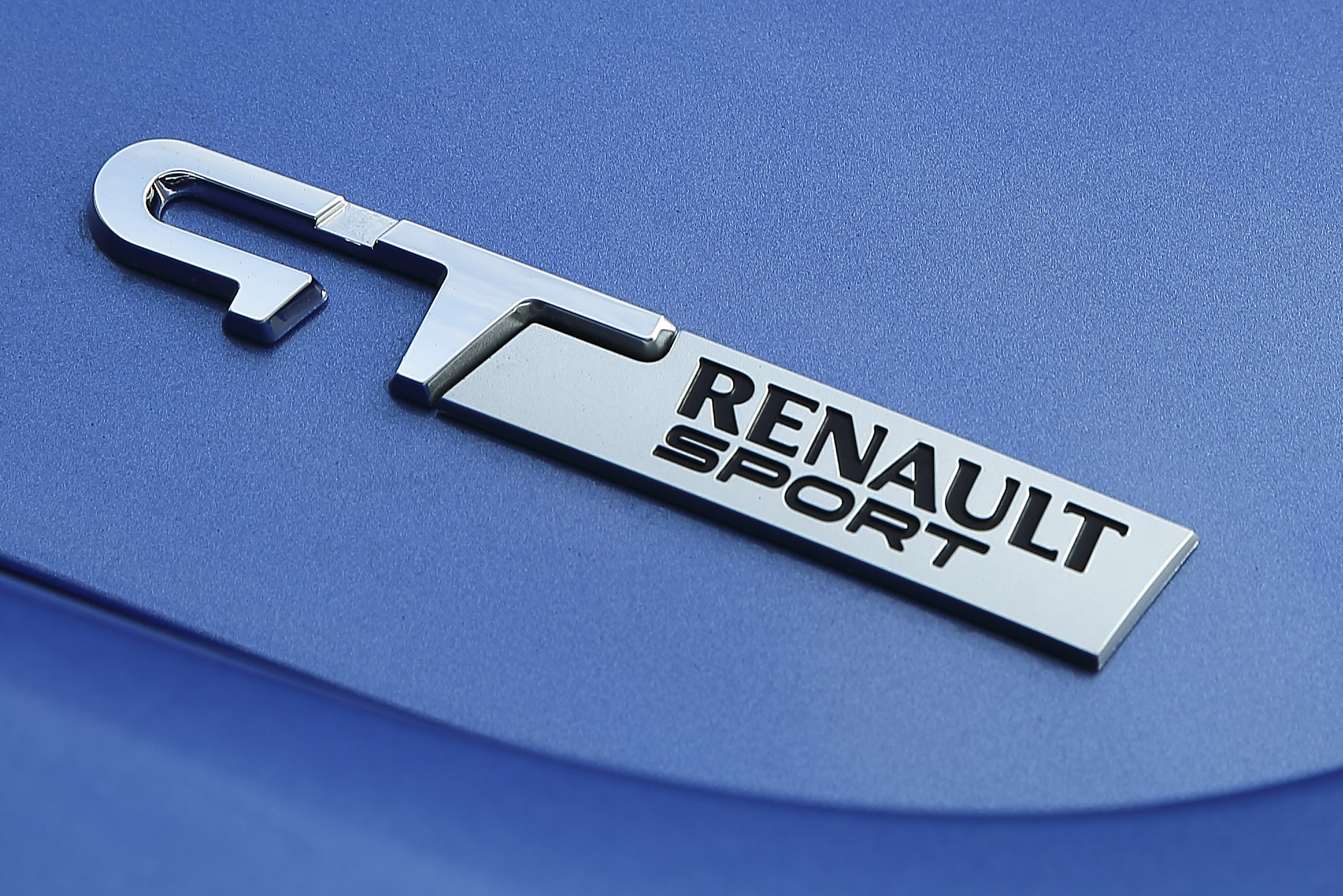
The second premise, said Stoll, was to support Renault’s product onslaught that started with the Clio in 2013, and will see the new Megane arrive here later this year. “For all these new cars, I would like our customers to put more value on the brand,” he said. “Formula One can answer these two issues … being part of this game is really being part of being best of the best … for these two aspects, Formula One makes sense.”
Part of this includes a doubling of Renault Sport road car sales to 80,000 a year with the new Renault Sport Megane, due here in 2017, as well as cheaper GT Line models. As reported by Wheels, a high-performance SUV is also being considered for the Renault Sport brand.
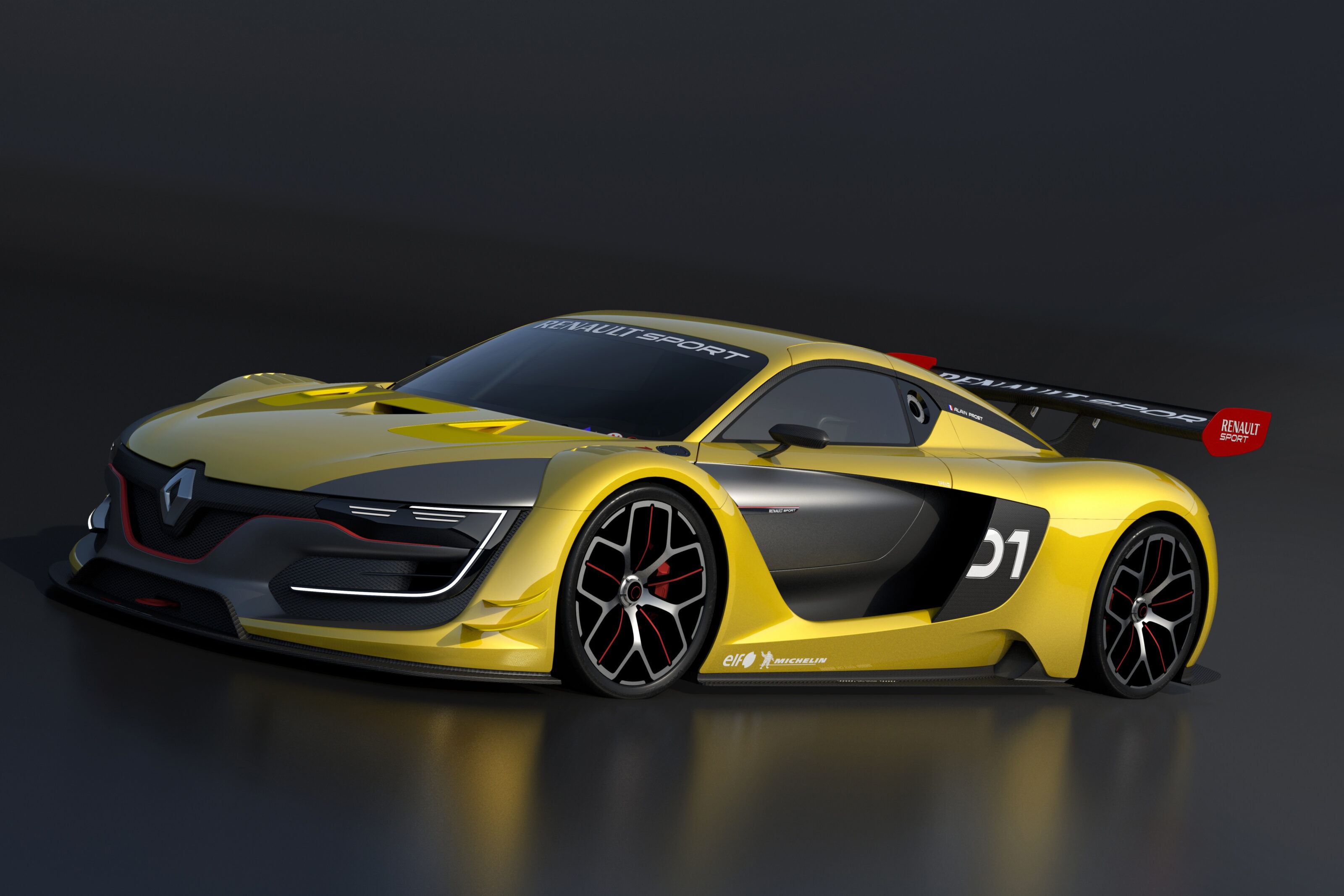
The Renault Sport Formula One Team’s first F1 event will be the Australian Grand Prix from March 17-20.

